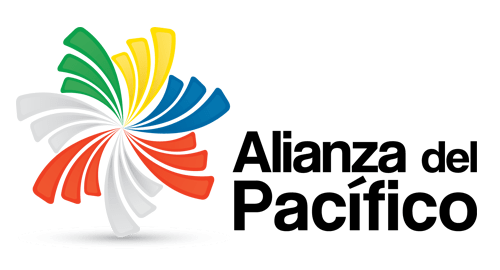The Pacific Alliance member countries—Chile, Colombia, Mexico and Peru—welcome the entry into force of the Additional Protocol to the Framework Agreement, signed in Cartagena de Indias, on February 10, 2014.
This Protocol is a fundamental commercial tool to move towards the free movement of goods, services, capital and people among the four countries. The agreement provides tariff liberalization of 92 percent of trade in the Pacific Alliance, as well as liberalization on the remaining 8 percent in the short and medium term. Its objective is to achieve free movement of goods among our countries in 2030.
The Protocol, in its 19 chapters, facilitates regional trade, removes trade barriers and establishes modern disciplines with regard to professional, maritime, telecommunications and electronic commerce services.
One aim of this new phase is to enter regional and global value chains, via the free flow of investments among the four countries, as a means to add value, increase the quality of goods and services and allow the export of more competitive products to international markets, with emphasis on the Asia-Pacific region. Likewise, its entry into force will increase opportunities for economic operators, especially SMEs, to access an enlarged market and competitively internationalize their activities.
Based on this Protocol, the Pacific Alliance countries are committed to deepening trade within and beyond the region, in order to prompt economic development and improve the well-being of their citizens.
May 1, 2016

